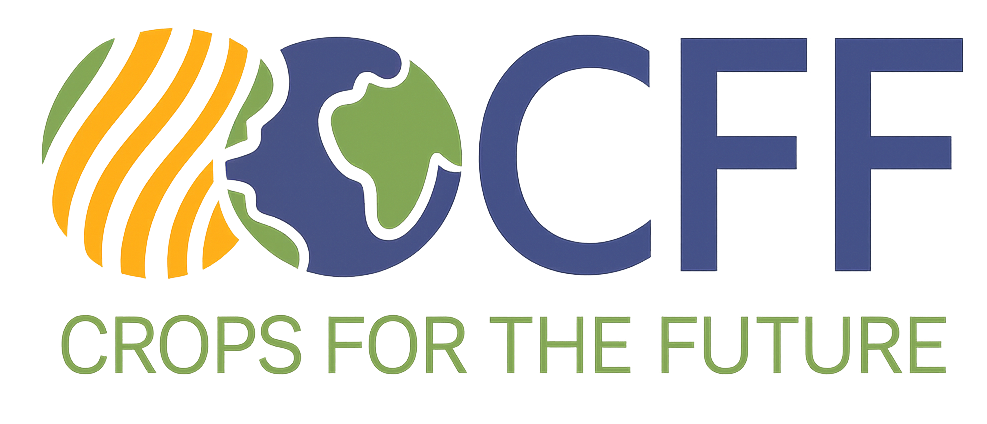In a significant contribution to the discourse on global food security, S.N. Azam-Ali and E. Jahanshiri from Crops For the Future (CFF), Cambridge, UK, authored a paper titled "Forgotten Foods: A manifesto for the future of the food system?". The paper addresses the vulnerabilities of the current global agrifood system, which heavily relies on a few staple crops, and calls for a transformative shift towards diversity, climate resilience, and nutrition through 'forgotten' crops.

The authors argue that recent global crises, including supply chain disruptions, pandemics, extreme weather, and geopolitical conflicts, have starkly exposed the faultlines in a system dependent on industrial monocultures. They propose a transition from the current "fossil food" system—reliant on fossil fuels at every stage—to a "future foods" system. This new paradigm would embrace climate-resilient, nutritious underutilised crops and diverse farming systems, including landscapes, urban spaces, and gardens as food sources.
"We need to transform the agrifood system with diverse, climate-resilient, and nutritious 'forgotten' crops, novel cropping systems, and less vulnerable supply chains if it is to meet the needs of 10 billion people on a warming planet without destroying the planetary ecosystems on which we all depend."
Introducing CropBASE: A Global Knowledge System
A cornerstone of this transformation, as presented in the paper, is CropBASE, a global knowledge system for underutilised crops developed by Crops For the Future. This digital tool is designed to provide farmers, investors, consumers, and policymakers with an objective basis for agricultural diversification. CropBASE offers evidence on what crops to grow, how to cultivate them, their products, end-uses, markets, and potential returns on investment.

The paper emphasizes that information on underutilised species is often scarce and anecdotal, with much knowledge held by farmers who have cultivated these crops for generations without formal research support. CropBASE aims to collate this vernacular knowledge with published evidence to empower end-users to make informed decisions about crop diversification.
Supporting the Global Manifesto for Forgotten Foods
The authors illustrate how a knowledge system like CropBASE can underpin the Global Plan of Action for Forgotten Foods, as proposed in the Global Manifesto for Forgotten Foods launched in 2021. The manifesto calls for forgotten foods to become agents of transformation, helping achieve Sustainable Development Goals and upholding the 'Right to Food' and 'Right to Health.'

Ultimately, the paper by Azam-Ali and Jahanshiri serves as a compelling call to action: to rediscover local, nutritious, and diverse foods, reduce our reliance on monotonous diets, and embrace food not just as sustenance but as a source of cultural value, nutrition, and joy. This requires vision, investment, and recognizing farmers as crucial innovation partners.
